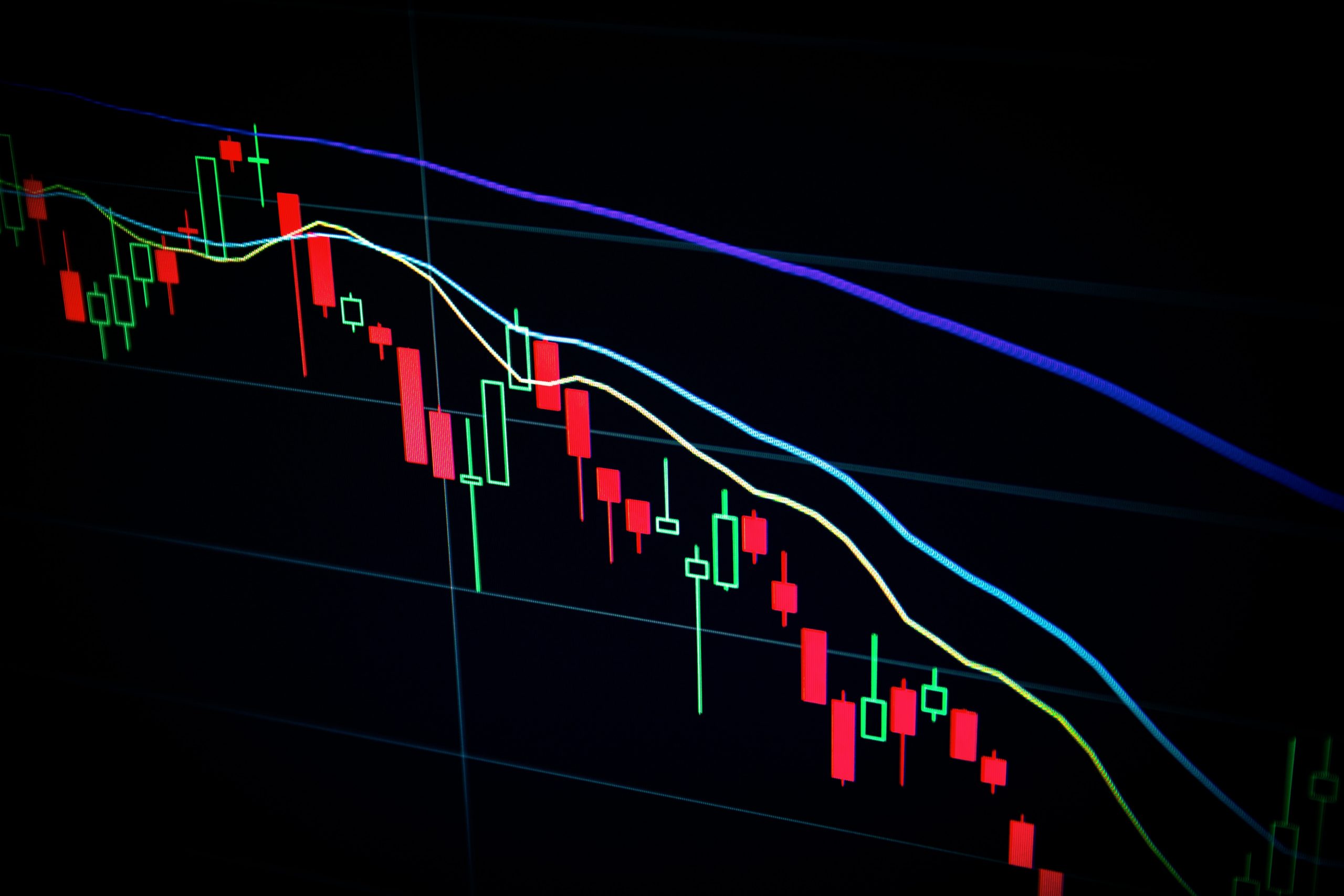Imagine wanting to buy shares in Coinbase, but being unable to pay the $305.76 price for a single share. Is that it? Do you just sigh and log off the exchange? Or is there a way for blockchain to lower the barrier of entry into trading traditional stocks and shares? Let’s learn about security tokens.
There are several issues with how stocks and shares are traded today. To summarize the most significant ones:
- Settlement takes a great chunk of time. If we buy a share in NSE and BSE, then it takes T+2 days to get delivery of that stock in your DEMAT account.
- If a share is too expensive, there isn’t any option for me to hold a fractional share. Let’s say I had ₹10,000 and wanted to buy a share worth ₹95,000, there’s nothing I can do except to wait or find the extra money.
- If I want to buy shares listed outside the country, I would need to first set up an international DEMAT account and an international bank account to transfer funds. These take time, and eliminate any chance I would have at taking advantage of a market opportunity.
- The commissions and other charges involved are sky-high because of the number of intermediaries involved.
- What if I want to buy a stock at 1 AM? I can’t do that if the market operates only between 9:15 AM and 3.30 PM. That’s not even a quarter of the day!
What if I told you these problems have an answer? And better yet, it’s already live.
I’m talking about digital tokens where you can hold as little as a 1/100th of an actual share.
Exchanges like Binance and FTX Exchange make this possible. Binance Stock tokens are zero-commission digital tokens fully backed by a depository portfolio of underlying securities that represents the outstanding tokens. Even better, holders of stock tokens qualify for economic returns on the underlying shares, including potential dividends.
Meaning holding these tokens gives you all the benefits of purchasing a full share, just proportional to the size of your holding.
Stock tokens closely track the performance of publicly traded companies. They are delta-one products, and backed by physical shares. This means that any change in the value of the underlying share will be instantaneously reflected in the price of its derivative.
How do Stock Tokens work?
We use stablecoins like USDT to denominate, settle, and collateralize the value of stock tokens; to make the calculation easier in fiat terms. Tokens are settled in cash, meaning there will be no physical redemption of underlying shares.
Stock tokens are created on collateral held by a third party. Therefore, each token represents a share in a publicly listed company. This way, the token’s price is pegged to the price of the underlying shares.
Are such trades legal?
There are different legal stands as to trading these security tokens. While countries like the US, Mainland China, Turkey, and other restricted jurisdictions are against such trades, these trades can be executed in India since there is no specific law banning it.
There are various aspects to it. We have to see how the peg has been created. For instance on Binance and FTX Exchange, each token is fully backed by shares held by, CM-Equity AG, a licensed and fully regulated asset management firm in Germany. CM-Equity AG entrusts the acquired shares to a third-party brokerage firm for custody. In addition, CM-Equity AG will be monitoring all trading activity for compliance.
Keep in mind that these stocks are highly volatile and illiquid, especially when their primary listing exchange is closed. Please exercise your judgement and caution when trading futures on tokenized stocks. Any risk that you take in your trades will be your responsibility to manage.
This post has been authored by Aishwary Gupta, our guest writer for the week.

